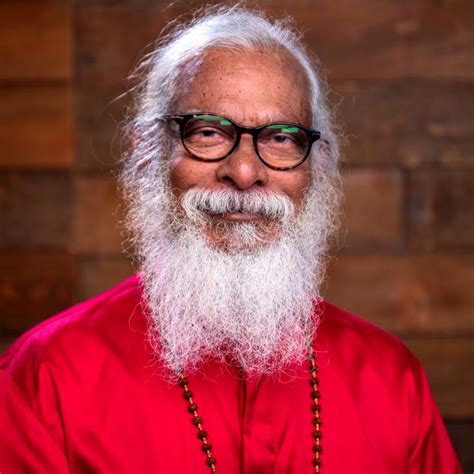A Quote by Pope Benedict XVI
Many people perceive Christianity as something institutional - rather than as an encounter with Christ - which explains why they don't see it as a source of joy.
Related Quotes
If you abide in the love of Christ, rooted in the faith, you will encounter, even amid setbacks and suffering, the source of true happiness and joy. Faith does not run counter to your highest ideals; on the contrary, it elevates and perfects those ideals. Dear young people, do not be satisfied with anything less than Truth and Love, do not be content with anything less than Christ.
Progressives and Islamists are indeed on the same side. Their common disdain for Christianity explains why left-wing judges in America find any inkling of Christianity in the public square unconstitutional, while Islamist judges in the Middle East deem it executable. Their common view that life is expendable explains the left's embrace abortion-on-demand and why the Islamists don't hesitate to deploy their own children for homicide bombings.
There are many reasons why the general public doesn't really understand our monetary system. In the first place, money is something that people tend to get emotional about. After all, money involves, and always has involved, something closely akin to faith-which probably explains why in many past societies the money system has been in the hands of a priesthood, the subject of magical rites, and the ceremonial services of the tribe's medicine man.
Christianity is not a new philosophy or new morality. We are Christians only if we encounter Christ... Only in this personal relationship with Christ, only in this encounter with the Risen One do we really become Christians... Therefore, let us pray to the Lord to enlighten us, so that, in our world, he will grant us the encounter with his presence, and thus give us a lively faith, an open heart, and great charity for all, capable of renewing the world.
Indeed, religion allows people to imagine that their concerns are moral when they are highly immoral - that is, when pressing these concerns inflicts unnecessary and appalling suffering on innocent human beings. This explains why Christians like yourself expend more "moral" energy opposing abortion than fighting genocide. It explains why you are more concerned about human embryos than about the lifesaving promise of stem-cell research. And it explains why you can preach against condom use in sub-Saharan Africa while millions die from AIDS there each year. (25)
Why did the consensus of Christian churches not only accept these astonishing views but establish them as the only true form of Christian doctrine? . . . these religious debates - questions of the nature of God, or of Christ - simultaneously bear social and political implications that are crucial to the development of Christianity as an institutional religion. In simplest terms, ideas which bear implications contrary to that development come to be labeled as 'heresy'; ideas which implicitly support it become 'orthodox.'
Discipleship means adherence to Christ and, because Christ is the object of that adherence, it must take the form of discipleship. An abstract theology, a doctrinal system, a general religious knowledge of the subject of grace or the forgiveness of sins, render discipleship superfluous, and in fact exclude any idea of discipleship whatsoever, and are essentially inimical to the whole conception of following Christ....Christianity without the living Christ is inevitably Christianity without discipleship, and Christianity without discipleship is always Christianity without Christ.


































